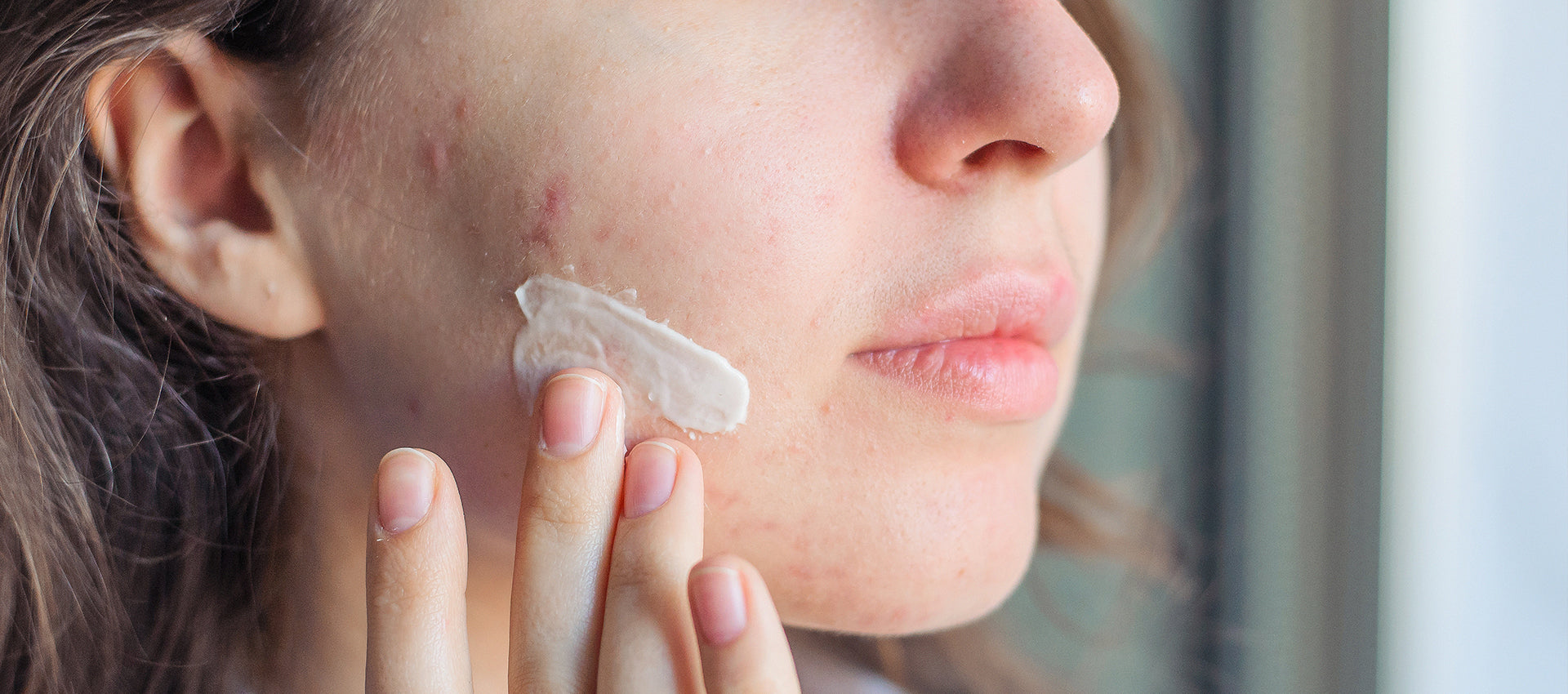Fighting against acne, blackheads, whiteheads, etc feels like a battle that is to be won on a daily basis since these are really stubborn skin concerns. But here’s a topical ingredient that can make your acne prevention and healing journey easy.
Salicylic acid, if used in the right concentration, helps serve the skin best with its longer-than-usual list of benefits.
Well, let's know how much percent of Salicylic Acid you should use. Navigate through the end to get your answer with a lot of unknown facts about the correct usage of this ingredient!
What percentage of Salicylic Acid should I use?
Salicylic acid (Beta Hydroxy Acid) acts as the exfoliating agent for the skin. It is a naturally occurring anti-inflammatory and antibacterial compound.
Most over-the-counter salicylic acid products are gentle enough to be used by people of all skin types. But before buying the product, it is always better to know your skin type.
With its oil-soluble property, it is ideal for those with oily and acne-prone skin types. And if you have dry skin, pair the ingredient with some hydrating and moisturizing base.
Know the concentration
The oily, acne-prone skin types can benefit greatly from even the lowest concentrations of salicylic acid - 0.5-1% when used in their skincare routine properly.
Near about the same concentration can work for normal and dry skin types as well. It is the perfect and balanced concentration to exfoliate clogged pores and fight acne.
Although Salicylic Acid is suitable for all skin types, it is best to use it according to your skin type to avoid any unpleasant side effects. When used in higher concentrations, it may lead to irritation, peeling, and dryness.
However, those with especially sensitive skin should test it with caution. If you have any concerns about whether it's safe to add salicylic acid to your current skincare routine, consult with your dermatologist first.
How to use Salicylic Acid to treat acne?
Salicylic acid is a versatile ingredient that can be found in many products designed for the treatment of acne.
Remember that while it is important to follow a skincare regime consisting of a cleanser, toner, serum, moisturization, and sun protection, not every step needs to contain salicylic acid products.
When selecting salicylic acid products for your routine, carefully consider their formulation, strength, and how they might interact with other products.
Here are some of the most common skincare formulas which feature salicylic acid:
1. Face Wash
A daily cleanser containing salicylic acid can be your best defense against blackheads, whiteheads, and acne. Most dermatologists recommend your cleanser's salicylic acid concentration should be between 0.5%-2% to avoid over-drying your skin.
Also take note to avoid BHA cleansers with gritty scrubbing particles, as this extra exfoliation can irritate active breakouts causing more harm than good.
2. Acne Clarifying Gels
Salicylic Acid based treatment gels coupled with other antimicrobial agents can help you with active pimples and irritations.
Such products act as spot treatments to give you results effectively on active acne and flare-ups. But it should be used only in the affected area.
3. Serums
Serums are usually lightweight yet heavy-hitting formulas designed to target a specific skin concern.
In the case of acne, a serum that contains salicylic acid with peptides is a potent way to fight future breakouts and control oiliness.
What not to mix with Salicylic Acid?
Despite the many advantages, there are certain risks associated with using acids on your skin.
Firstly, it is possible to use too much salicylic acid, so avoid layering too many products with high salicylic acid concentrations into a single skincare routine.
Allow your skin to work with a single active ingredient at a time to avoid overstimulation and other adverse effects.
Here are a few active ingredients that should NOT be mixed with salicylic acid:
Retinol
It's wise to avoid using retinoids in the same routine with high concentrations of salicylic acid, as each can be irritating on its own. When combined, you may risk increased irritation and redness.
READ - Is it okay to use Retinol and Salicylic Acid together?
Vitamin C
The benefits of vitamin C for the skin have always been part of every talk about skincare. Powerful antioxidants like vitamin C are popular for brightening hyperpigmentation and dark spots in the skin.
Unfortunately, this ingredient is also somewhat unstable, and its pH level will change when mixed with acids, making it ineffective.
READ - Skincare ingredients you should never mix with Salicylic Acid
Takeaway
Salicylic acid is an amazing active ingredient with anti-inflammatory properties which means it helps to calm surface redness and skin irritation associated with active breakouts.
When used correctly and continuously, the comedolytic properties in skincare products containing salicylic acid can help to prevent acne in the future.
So including it in your skincare regime in the recommended concentration can do wonders on your skin and impart a smooth, healthy and supple skin texture.










